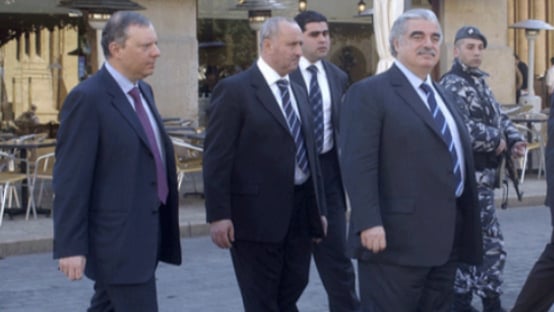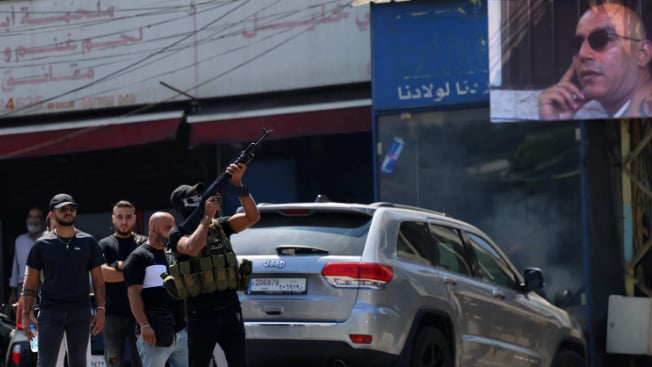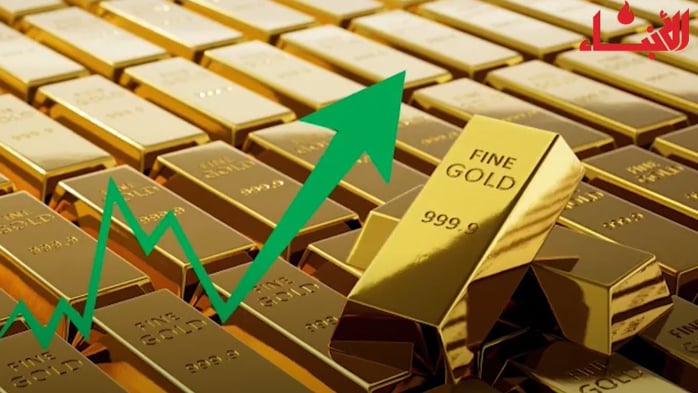Lebanon is at a crossroads one more time. It took Lebanese President Michel Aoun more than a month to call for the mandatory parliamentary consultations to nominate a new prime minister-designate.
Since the Lebanese people took to the streets October 17 demanding drastic changes and calling for the downfall of the system, Hezbollah has been wary of the popular movement.
Hezbollah Secretary-General Hassan Nasrallah made four televised speeches to address the demonstrators, warning against targeting Aoun and calling on Lebanese Prime Minister Saad Hariri’s cabinet not to resign. He hoped tensions would be reduced through implementing an economic reform plan the cabinet approved in its final session before Hariri resigned.
Hezbollah has sent its thugs several times to downtown Beirut to frighten demonstrators who showed resilience. Though Hezbollah officially denied its responsibility for the thugs’ behaviour, it had been so obvious to the demonstrators.
Considering developments in Iraq and the popular discontent from Tehran’s interference, Hezbollah claimed Lebanon’s demonstrations were pushed for by foreign embassies that provided aid for the protesters. The traditional accusation of treason was ready for dispatch but failed to be convincing.
After Hariri’s resignation and in response to popular requests to install a new cabinet including non-political professionals capable of steering Lebanon’s economy out of its severe crisis, Hezbollah made it clear that it totally refused a technocrat cabinet, preferring a techno-political cabinet, thus preserving its presence, along with its allies, in the council of ministers.
.jpg)
For the protesters, this practically means a re-instalment of the ousted government. It also means the inability to hold accountable any officials of the last period. It would lead to disregarding the demand of early parliamentary elections (the current parliamentterm expires in 2022).
Popular protests squeezed all the political parties and shuffled all local cards. Hezbollah, a staunch opponent of Hariri, led efforts to convince him to return as prime minister, fearing that a Hezbollah-supported cabinet would result in the country being put under foreign sanctions.
Three Sunni candidates have been proposed and then abandoned. It was Hariri’s message to the political community that he was the indispensable Sunni strong man who cannot be easily replaced or substituted by an alternative puppet candidate. This is a new signal, though indirect, from Hariri saying, “Come talk to me.”
A consultant engineer, Samir el Khatib, who has not held prior public post, was nominated as prime minister. He visited Aoun behind the scenes for an interview-like meeting. He also earned the support of Hezbollah and its allies but whether he will become Lebanon’s prime minister is unknown.
Khatib was ferociously attacked by three prominent former prime ministers, who considered the interview with Aoun humiliating.
Considering those complications, two scenarios seem possible: either Hariri would be designated prime minister and would have a hard time creating a cabinet or Hariri would grant support for Khatib and the new cabinet would be refused by the streets.
In either case, the deadlock will continue.





